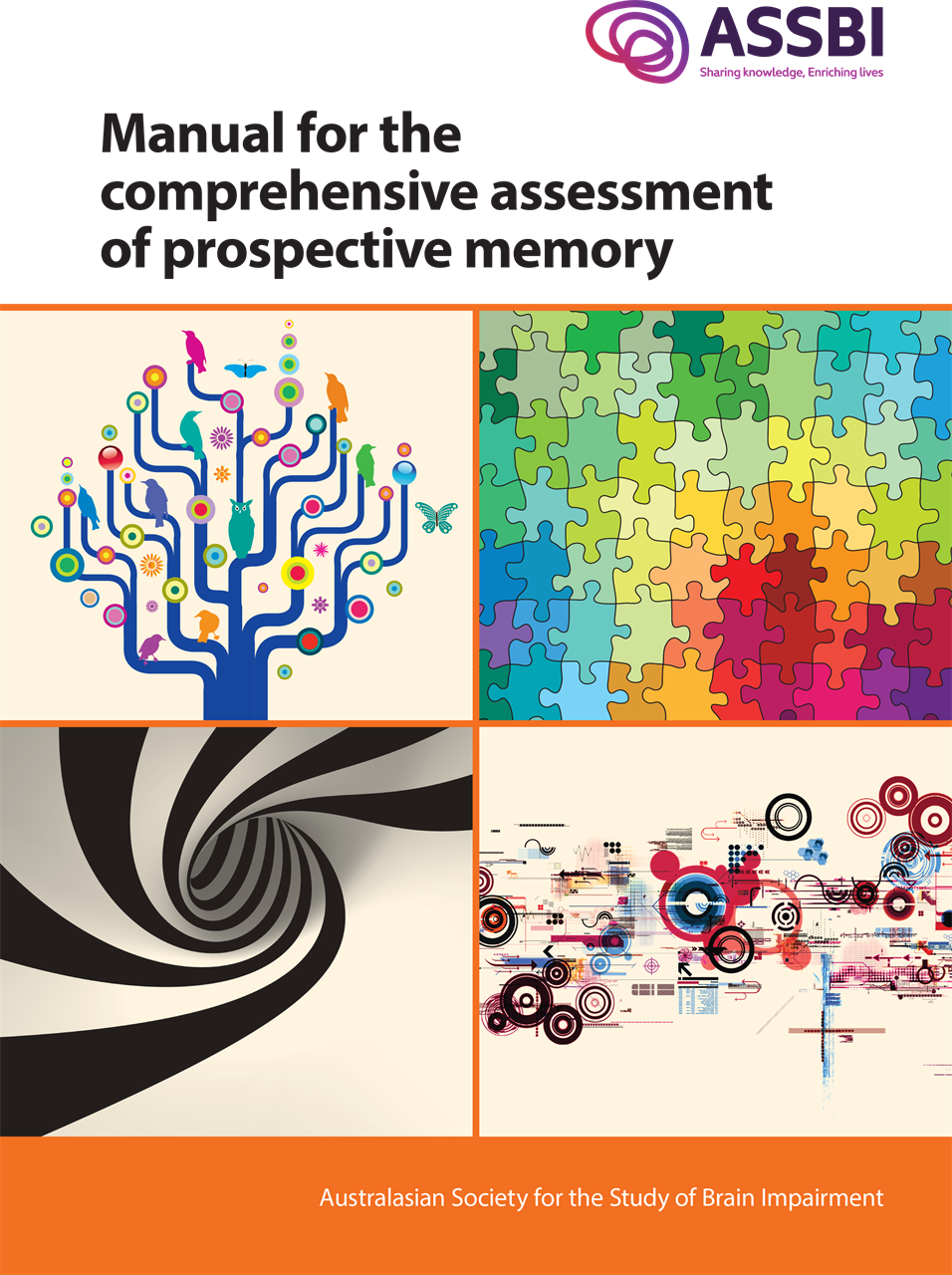| The Comprehensive Assessment of Prospective Memory (CAPM) Manual Written by David Shum and Jennifer Fleming The Comprehensive Assessment of Prospective Memory (CAPM) was designed to assist in the clinical evaluation of prospective memory function among individuals with acquired brain injury, and to assist in the evaluation of rehabilitation programs designed to serve these people. Prospective memory, or memory for intentions, refers to the ability to remember to perform an action at a future point in time. Commonly impaired after brain injury, prospective memory is important for safe independent living. Examples of prospective memory failure include forgetting to take medication, turn off appliances, or pay bills. The CAPM is a self-report questionnaire which has three parts to collect more comprehensive data on the process of prospective remembering. These are:
Parts A and B are both divided into two subscales derived from factor analysis; a Basic Activities of Daily Living (BADL) subscale containing uncommon memory lapses and an Instrumental Activities of Daily Living (IADL subscale) containing common memory lapses. A significant other version of the CAPM is also available to provide objective information on the prospective memory function of the person with brain injury. Comparison with the self-report allows evaluation of the level of patients’ level of self-awareness for memory impairment. The CAPM can provide a person-centred basis for goal setting prior to memory rehabilitation and a means of evaluating the effectiveness of memory interventions. The CAPM manual contains a description of the scales and the test development, administration and scoring instructions, information on interpretation of scores, psychometric properties and normative data, as well as the CAPM questionnaires. The questionnaires can be copied as required. The CAPM is suitable for both clinical and research use. A series of studies conducted by a team of neuropsychology and occupational therapy researchers demonstrate the reliability and validity of the CAPM and its applicability in memory rehabilitation trials. Click here to see webinar about this product |




